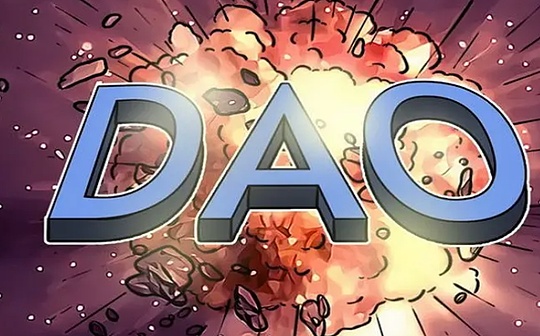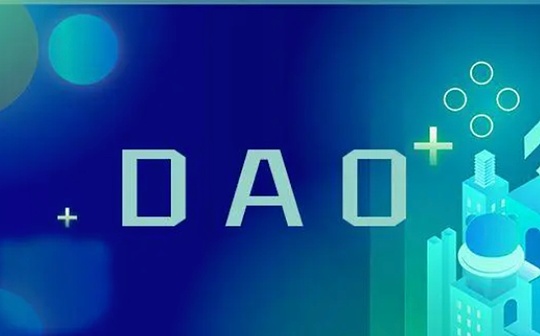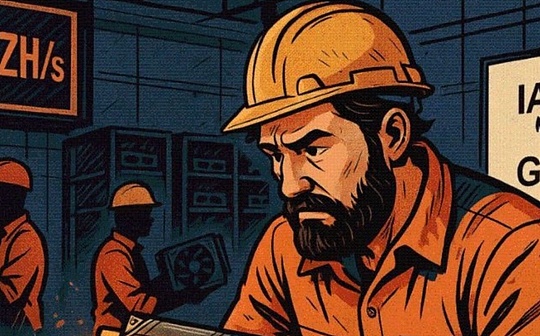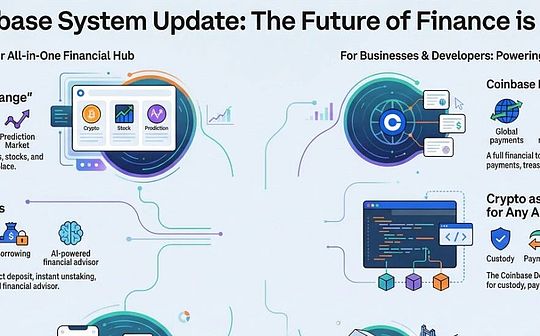
Author: Andrew Hall, Eliza Oak Source: a16zcrypto Translation: Shan Oppa, Bitchain Vision
As we argue, Web3 governance can act as a lab for democracy, just as online markets allow economists to experiment, or social networks provide a lot of data for network research.Our optimism study is a specific analysis of a specific topic in the study of constitutional design.But there are many fundamental issues, and we can take advantage of similar opportunities in web3 to study them.Here are some ideas.For each topic, we summarize the questions and provide some specific questions that the project has begun to explore.
1. Understand turnout
A common problem with DAO is low turnout, which happens for many reasons, and there are many reasons why projects focus on this issue (summary here).One of the major obstacles to mobilizing voters in decentralized governance is the inability to directly contact voters, but there is a lot of room for designing ways to connect voters directly through a user interface or an application.Drawing on a large amount of literature on voting techniques in political science, potential experiments in web3 can study different mechanisms that have been documented to increase offline turnout (e.g., calling for citizenship obligations, social pressure, reducing cognitive efforts, self-interest, etc.)Can it also explain political behavior in online environments?
-
What are the motivations for voters to participate in the election?
-
XMTP and Snapshot are working with Coinbase Wallet, Converse, and other applications to send messages to addresses about upcoming proposals.
-
Uniswap, Optimism and others have developed user interfaces to make voting and delegation more convenient
2. Grant the power of good actors in governance
Currently, most web3 projects use the “one coin, one vote” model (i.e. voting rights directly depend on token wealth) to vote on project decisions.These tokens are transferable, which means they can be bought and sold on the open market.Empirical evidence suggests that this may lead to a system of wealthy domination, with a small number of wealthy participants exerting disproportionate influence.For projects with civil motivation rather than purely economic motivation, this has sparked interest in voting beyond tokens, for example, through a non-transferable reputation, aimed at integrating merit and contribution into the accumulation of governance influence.The effort to collect signals of who is trustworthy or who has the capability has been a long time, but it has not until recently been a move forward with the advancement of technology that attempts to create trustworthy and universally available large-scale reputation systems have become feasible.
-
In political representation, how do we reward merit and contribution rather than wealth and relationships?
-
Several projects are trying out Ethereum Proof of Service (EAS) to build governance power on the reputation you earn rather than the wealth of tokens.
3. Design a strong organization
When designing political institutions, the web3 project tried traditional and novel approaches and faced many classical problems that political scientists have studied for centuries.The rapid iteration of design combined with a large number of public, fine-grained data on collective results provides interesting opportunities for research.For example, some projects are exploring how to empower the people through veto procedures to check and balance the power of the oligarch.The veto has a long history as a governance tool—from the civilian courts in ancient Rome to the constitutional monarchy that requires royal consent—although the opportunity to study the impact of such institutions is quite limited.In addition to institutionalized veto, the web3 project is also experimenting with the judicial system, legislative structure, federalism or various mediation agencies.
-
When will veto power be useful for governance?Why?
-
Lido is currently experimenting with designing a governance veto system.
-
Is bicameral a more effective way to design a legislature?
-
Optimism is currently trying to a bicameral governance structure.
-
Are there other stakeholders who should have governance powers?
-
DriftDAO is experimenting with a three-part governance system.
4. Improve political representation
Currently, most web3 representatives are selected based on token wealth or ecosystem status.This prompts people to try to elect representatives in other more democratic ways, such as improving the way representative candidates communicate to voters and the way representatives are held accountable.Some have also worked hard to explore the “draw” method, such as randomly selecting users to discuss specific topics at the civic convention.
-
Is representative democracy more effective than direct democracy—when and why?
-
Over time, many projects have shifted from direct democracy to representative democracy.
-
When and how to use consultative democracy?
-
Cosmos Hub recently piloted a civic convention to resolve controversial community decisions.
5. Track the strategic behavior of political actors
With the timestamped voting data published in web3, we have the opportunity to study how strategic agents predict other people’s behavior to maximize their own gains, which can lead to voting group behavior or other free-ride behavior based on backward induction.The U.S. Senate has documented a special strategic voting and it would be interesting to study whether this mechanism applies to an online voting environment.Furthermore, as people’s financial asset information is available, we can evaluate whether different economic motivations and conflicts of interest will lead to different types of political behavior.
DAO and web3 governance provide a laboratory that allows social scientists to understand the role of various constitutional characteristics in shaping human behavior in democratic governance.We are excited about this unexplored, data-rich field and hope that researchers and builders can connect with potential collaborations to study governance and democracy at scale.








